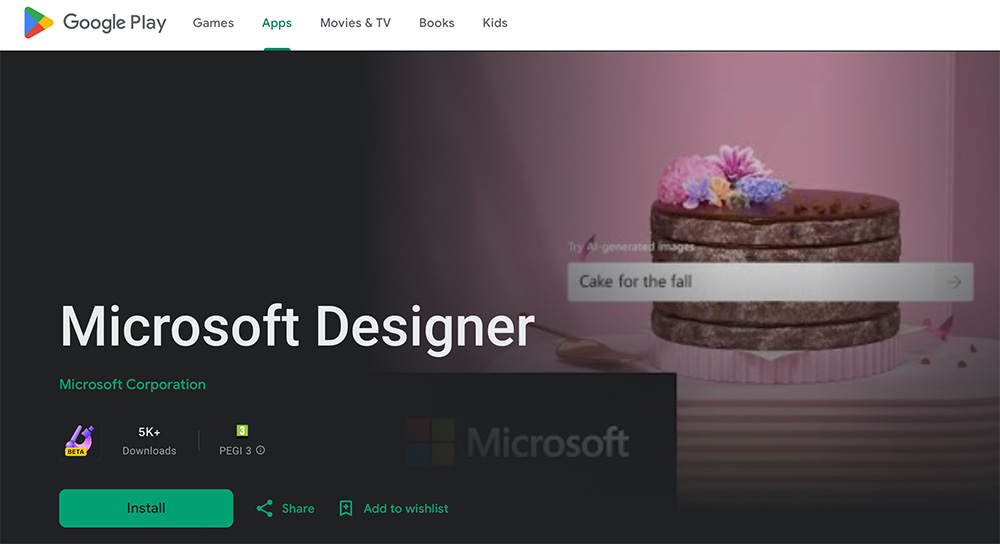

You can sync your browser with all Google services, which, let's be frank, almost everyone is using.Ĭhrome is like a sly poker player - it took its time to hear the initial bets and raised the stakes afterward - incognito mode, page translations, easy bookmarking. The interface is clean and stylish, and everything looks straightforward from there on - you have a big ole address bar (which also acts as a search bar) and a whole lot of handy in-built options.

You can't get a more feature-packed browsing solution than Chrome. A SpeedBattle score of 190.92 puts Google's browser in 3rd place, right after Firefox and Opera. Speed-wise things are looking a bit better. With 7% CPU and 71% RAM consumption, Chrome is by far the biggest resource hog. To be fair, the developers are addressing some of these issues in their regular updates, but the numbers are still not working in their favor. Google Chrome hogs a lot of system resources, and that is a well-known fact.

The most popular portal utilizes the open-source Chromium engine and enjoys seamless compatibility across all platforms - Windows, macOS, Linux, Android, and iOS.Ī serious candidate for the title of "best internet browser." In comparison, Safari is the closest "rival," trailing way back at 19.25%. Google Chrome currently holds a massive 63.38% market share. However, it was so superior to the competition, it quickly became an industry powerhouse. Google ChromeĬhrome saw the light of day relatively late, a little more than a decade ago. This collection of the best web browsers today will cover not just the usual suspects (Chrome, Firefox, Opera, Edge), but a few surprising additions as well.įirst things first, though - let's examine each platform's inner workings and see what makes it tick. We have come a long way since the introduction of the first web portal. That's about 4.3 billion people, in case you were wondering. Each visualization can be filtered by Carnegie classification (both general and detailed), country, state, survey year, and custom peer group.I feel you don't need lengthy explanations, definitions, or history lessons on the subject of web browsing platforms.Īfter all, you are already using one right now and probably have a favorite in mind.Īs of March this year, over 55% of the world's population (pretty much everyone with an internet connection) is utilizing a browser to explore the vast universe that is the internet. The data dashboards and comparison tools are robust, interactive, and user-friendly. Peer comparisons, or benchmarking, can help libraries better understand their performance and can support everyday decision making, such as establishing baselines and identifying opportunities to improve services. Easily access dynamic charts and graphs to see the data in a new way and make more strategic decisions.Illustrate ongoing activities and usage in an engaging and compelling fashion for different audiences.Quickly generate key metrics for self-studies, budget justifications, annual reports, fundraising, and more.Examine key ratios (e.g., staff per FTE student or library budget as a percentage of institutional expenditures).Benchmark and analyze expenditures, staffing, collections, services, and other trend data over time using customized comparison groups.Advertising Information for ACRL Publications.Pandemic Resources for Academic Libraries.Policies and Procedures for Standards, Guidelines, and Frameworks.The Role of the Community College Library in the Academy.Information Literacy and Student Learning.


 0 kommentar(er)
0 kommentar(er)
